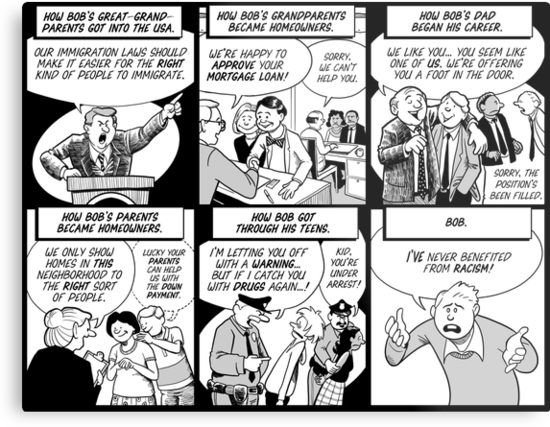
Click Here to watch a short documentary in which black women talk about the challenges they face in society.
This latest installment of the NYTimes “Conversation on Race” Op-Doc video series highlights the negative emotional impact of racist attitudes on black women’s lives. Everyone we reached out to for this project was eager to tell her most intimate stories of pain and discrimination, from childhood, to work, to profiling by the police. We hope that in sharing them, we are helping to complicate the public representations of black women and girls — highlighting the unique challenges they face, as well as experiences and feelings that are universal.
From Harriet Tubman to Ida B. Wells to Dorothy Height, black women have been heavy presences in social justice movements throughout history. However, issues particular to these women are often relegated to secondary status in our collective consciousness. This seems to be changing. Recent events in Texas, Baltimore and Missouri show that black women are again in leadership roles, and are speaking out against the mistreatment they regularly experience. But in our nation’s current movement for social justice, women’s voices need a louder bullhorn. Conversations like the one we’re hoping to start with this Op-Doc are a first step to understanding, and to changing.
See below to watch the other installments of this Op-Docs series:
“A Conversation With Police on Race”
“A Conversation With My Black Son”
“A Conversation About Growing Up Black”
“A Conversation With White People on Race”
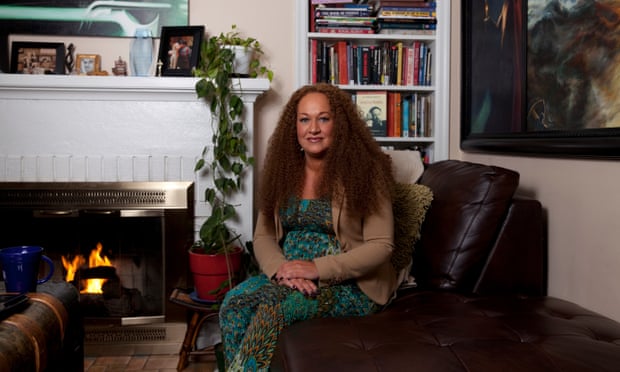

/cdn0.vox-cdn.com/uploads/chorus_asset/file/664892/race_arrests.0.png)
/cdn0.vox-cdn.com/uploads/chorus_image/image/37243120/453851528.0.jpg) Police arrest a protester in Ferguson, Missouri.
Police arrest a protester in Ferguson, Missouri.
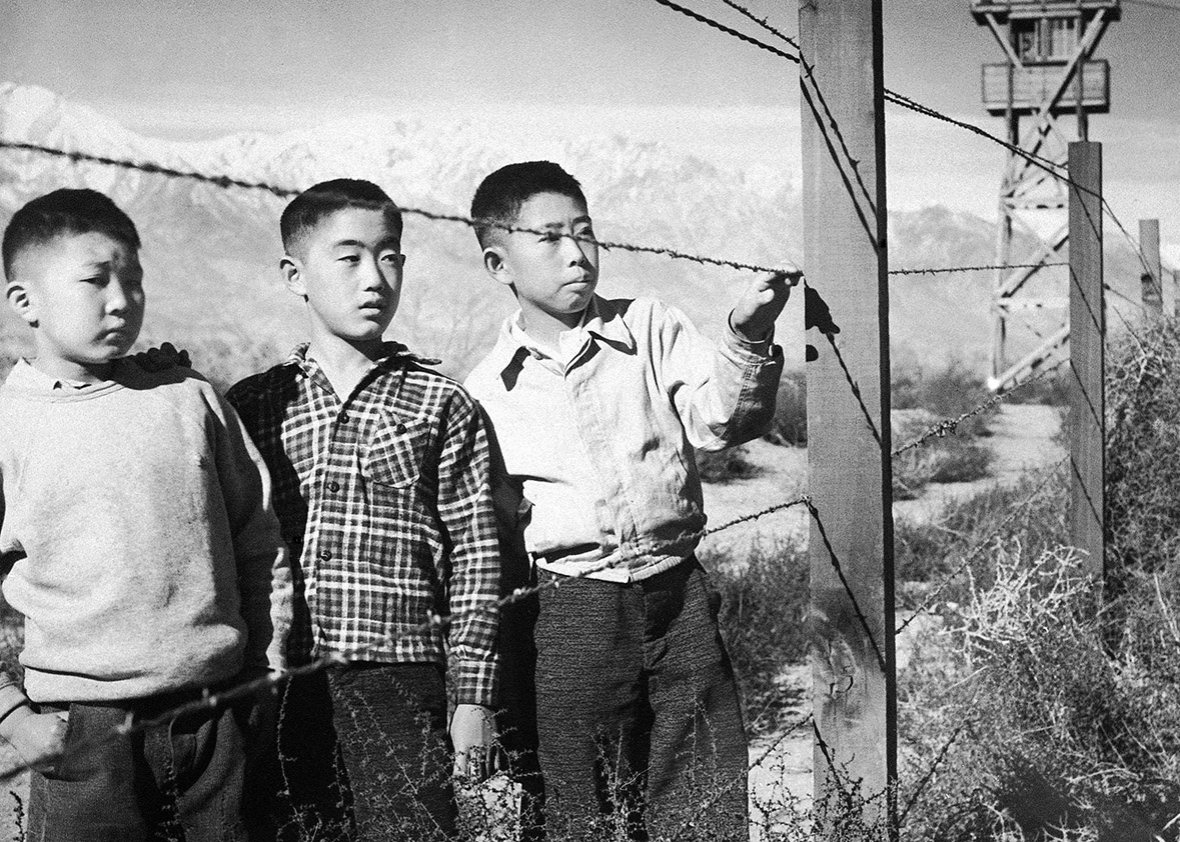
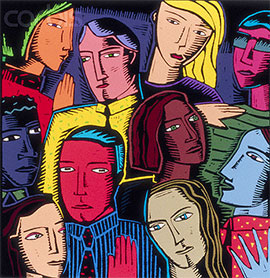
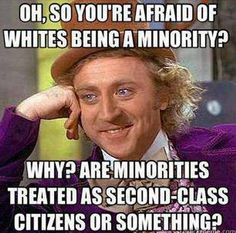
 Keith Maddox and Sam Sommers, associate professors at Tufts University, speak on racial stereotyping and its effects on employment. They discuss the research behind claims of “colorblindness” and how this thinking is ineffective.
Keith Maddox and Sam Sommers, associate professors at Tufts University, speak on racial stereotyping and its effects on employment. They discuss the research behind claims of “colorblindness” and how this thinking is ineffective.

